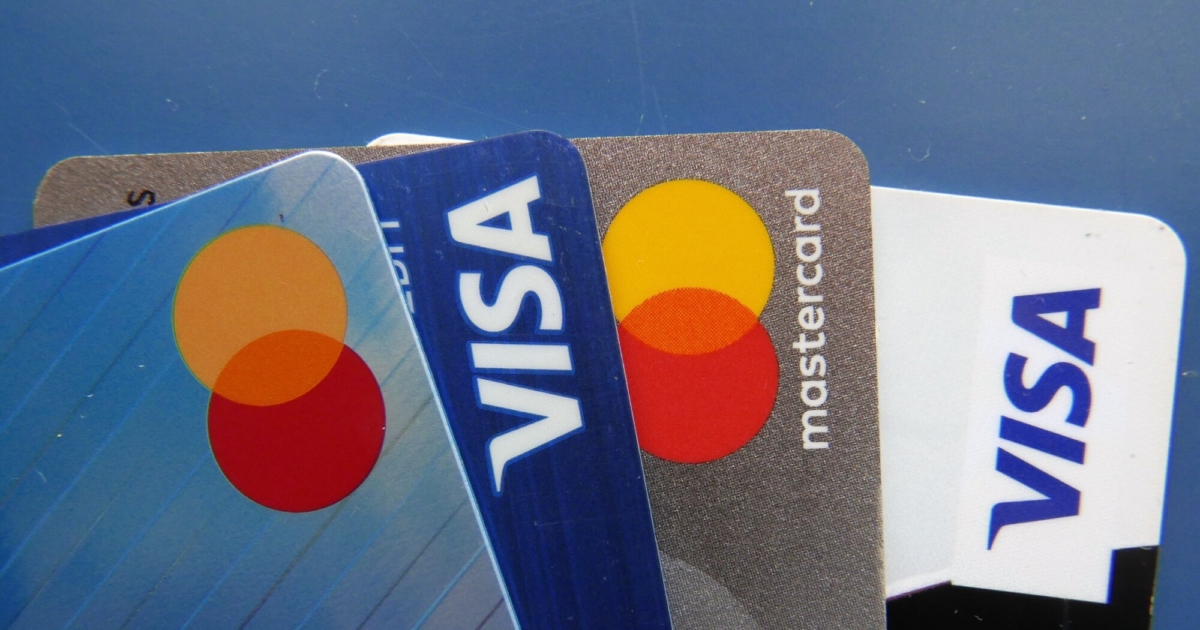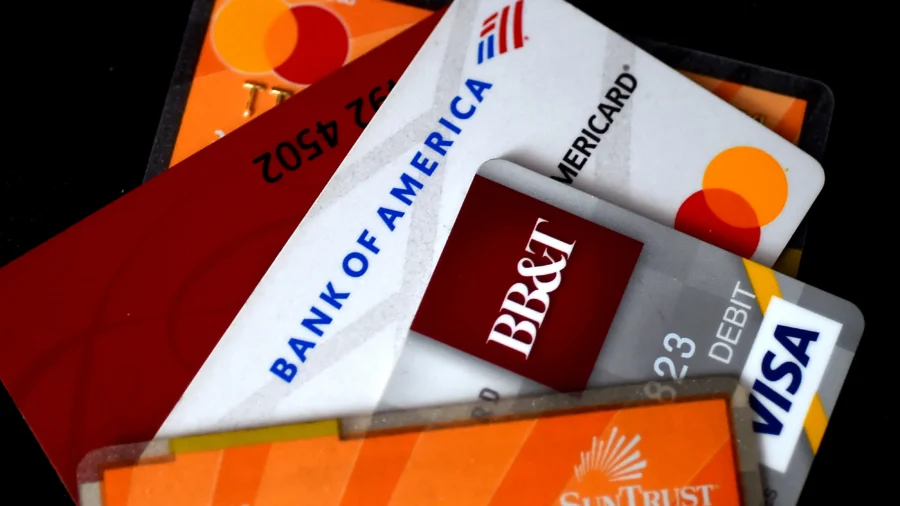With busy end-of-year shopping and travel season in full swing, the Consumer Financial Protection Bureau (CFPB) is launching a new tool to help consumers find cards with favorable rates, as it takes action to tackle illegal and unfair credit card practices.
More than 90 percent of general-purpose credit card spending occurs on rewards cards, but all too often credit card companies fail to deliver on the promised benefits, the CFPB said on Wednesday.
Many credit card companies rely on fine print, as well as hidden and vaguely defined conditions to devalue or even cancel rewards points, airline miles, and other bonuses, or make them impossibly hard to redeem.
The CFPB issued a warning to credit card companies confirming that these tactics constitute “unfair or deceptive practices” by law, regardless of what is defined in the fine print.
“Large credit card issuers too often play a shell game to lure people into high-cost cards, boosting their own profits while denying consumers the rewards they’ve earned,” CFPB Director Rohit Chopra said in a press release.
“When credit card issuers promise cashback bonuses or free round-trip airfares, they should actually deliver them,” Chopra said.
Currently, the CFBP has taken action against several offenders regarding illegal credit card reward programs, including as American Express and Bank of America.
The agency said it will continue to eye reward programs and, when necessary, take action.
The CFPB also sent out a circular urging relevant law enforcement agencies to pay attention to these illegal practices.

Besides state regulators and state attorneys general, all parties with authority to enforce federal consumer financial law have been notified, including the Department of Justice, the Federal Trade Commission (FTC), the National Credit Union Administration, etc.
Under the 2015 FTC Act, civil penalties for “unfair or deceptive practices” can reach up to $50,000—not counting refunds and restitution.
The CFPB also called out extremely high interest rates on retail credit cards. According to the agency, 90 percent of retail cards reported a maximum annual percentage rate above 30 percent, compared to only 38 percent of general purpose cards.
Compare Credit Cards Online
The CFPB was proud to introduce Explore Credit Cards, an online tool that helps consumers make “apples-to-apples” comparisons about options in the credit card market.
“CFPB’s new tool provides unbiased, comprehensive data for more than 500 cards, and the data is available to everyone,” the agency said.
“Explore Credit Cards” allows consumers to easily compare cards from 150 small and large issuers, based on credit score range, interest rates, fees, and rewards offerings so they can choose the most suitable one, the CFPB said.
According to the CFPB, the “Explore Credit Cards” dataset showed that the 25 largest credit card issuers charged interest rates 8 to 10 percentage points higher than smaller banks and credit unions—a difference that can cost the average cardholder $400 to $500 per year.
The agency invited new and not-yet-included credit card companies to also contribute its data.
“The CFPB invites voluntary data submissions, particularly from smaller issuers, so they have a chance to promote their credit products in a market typically dominated by pay-for-play.”

